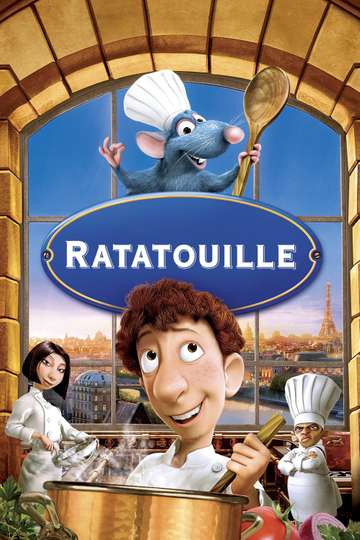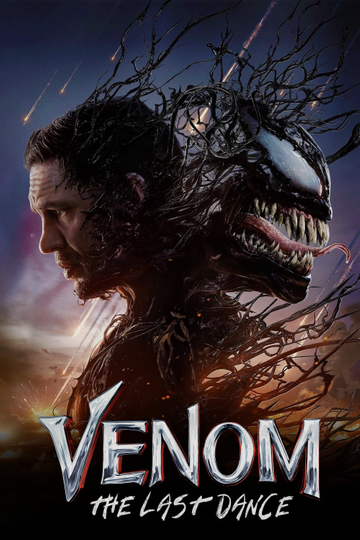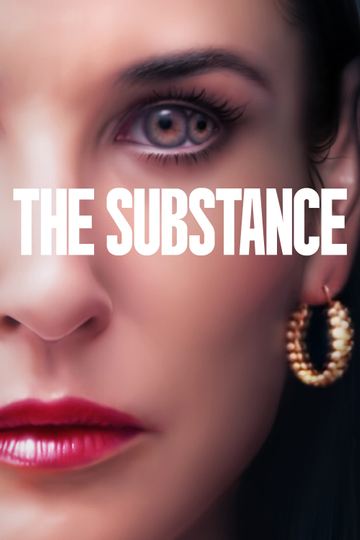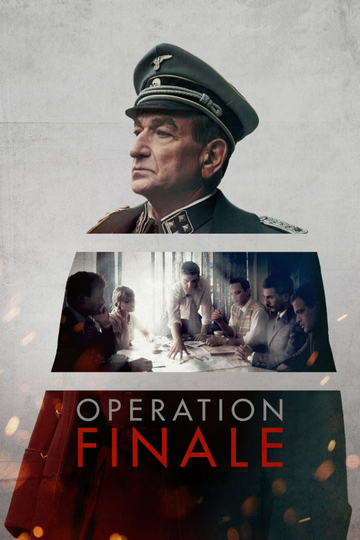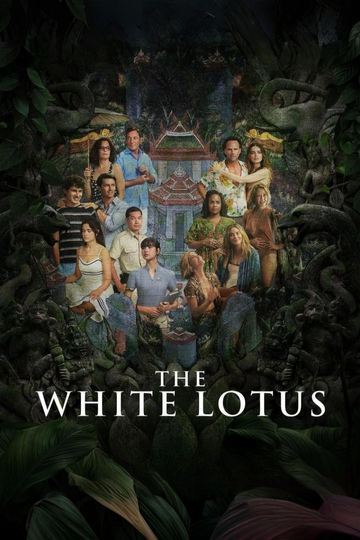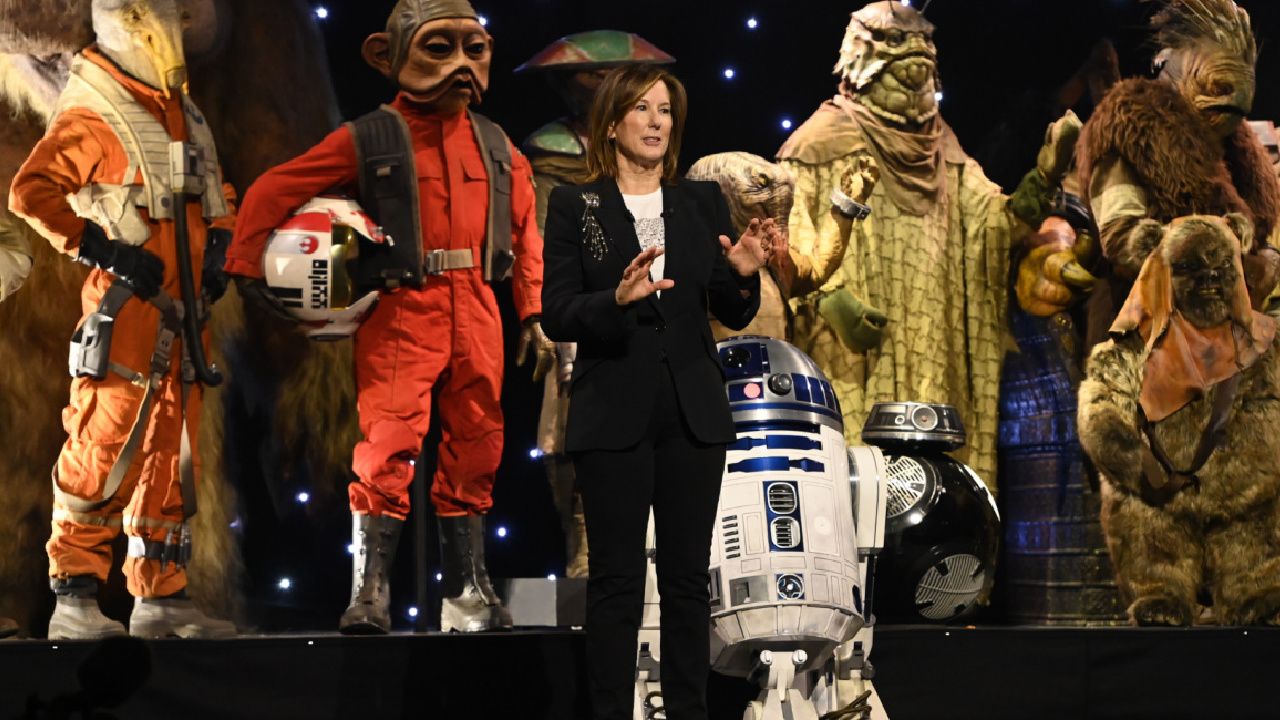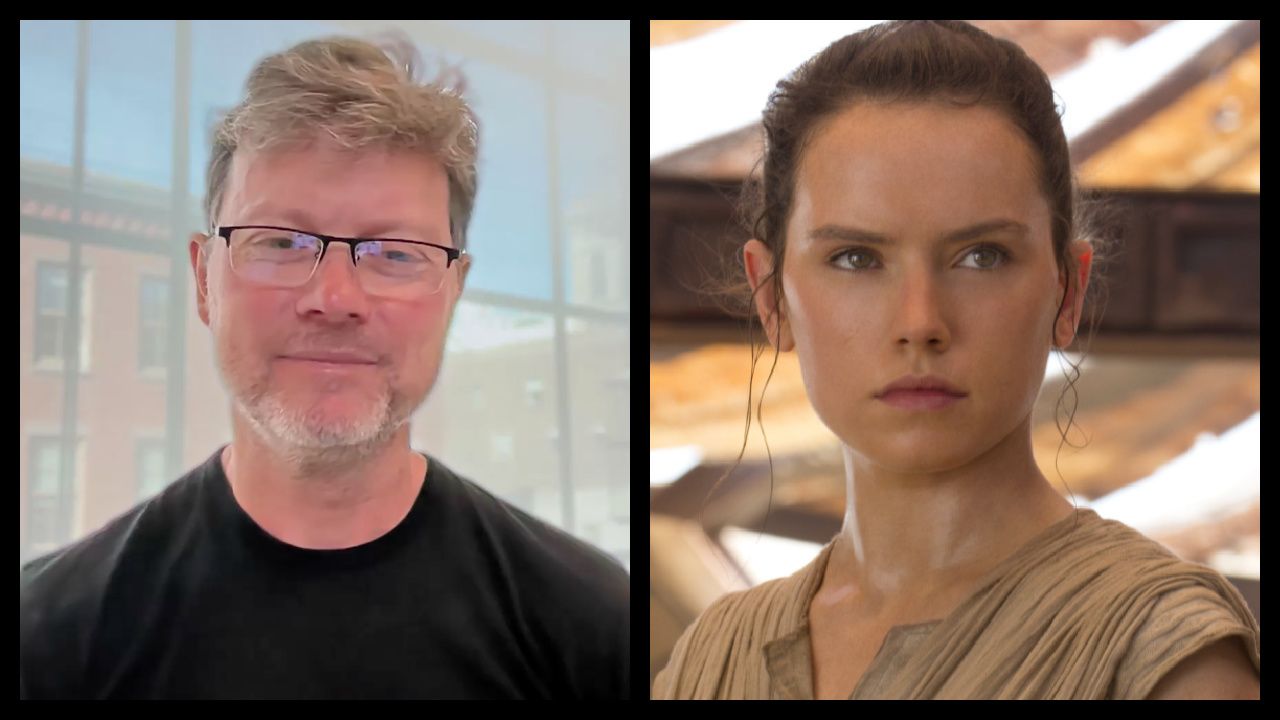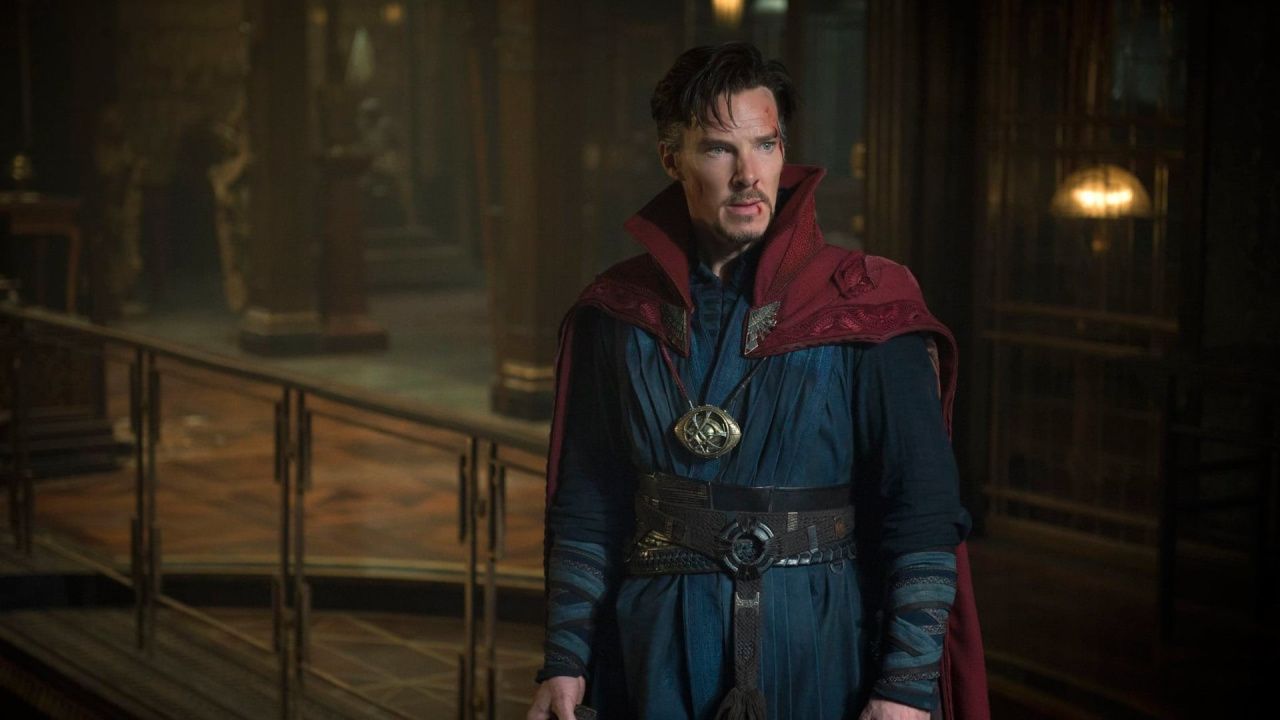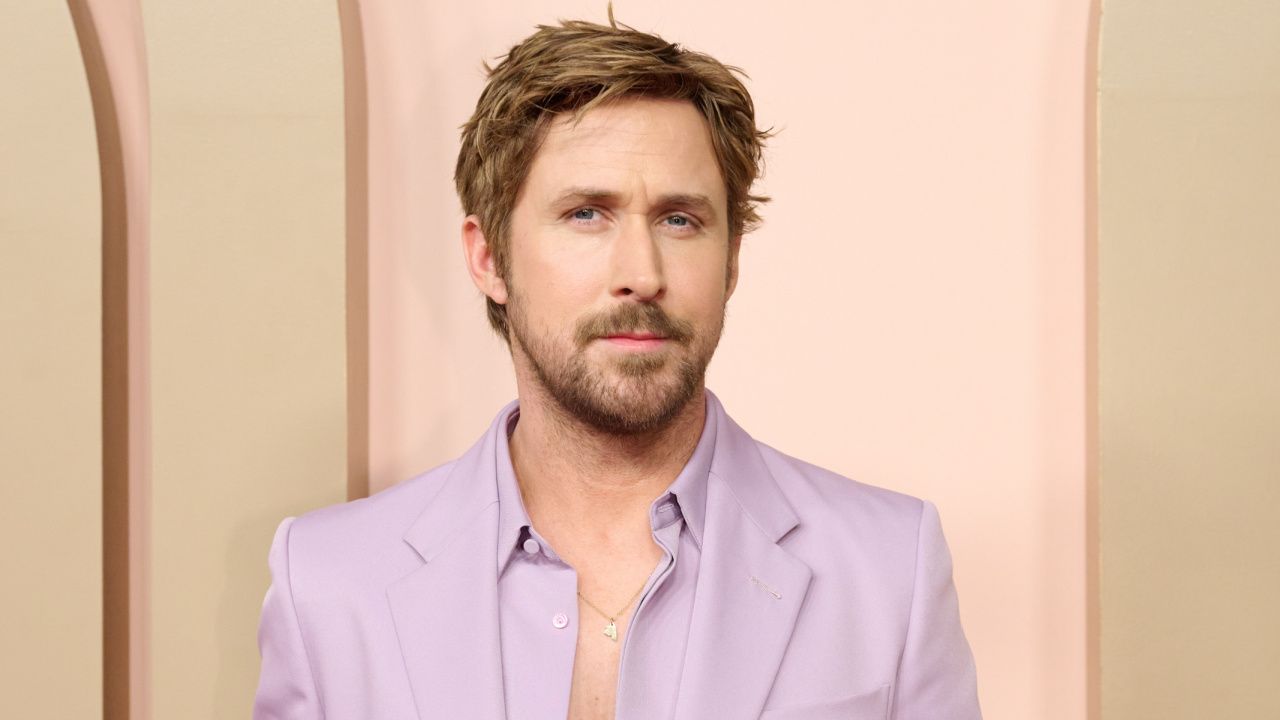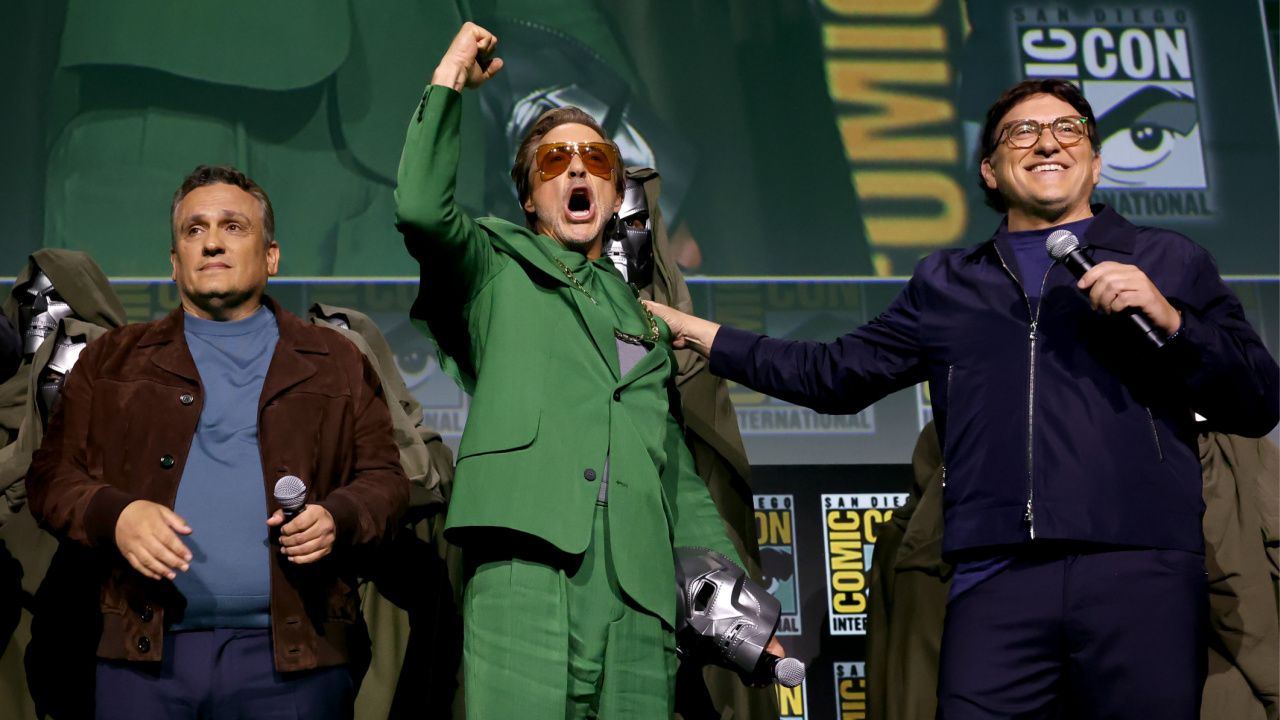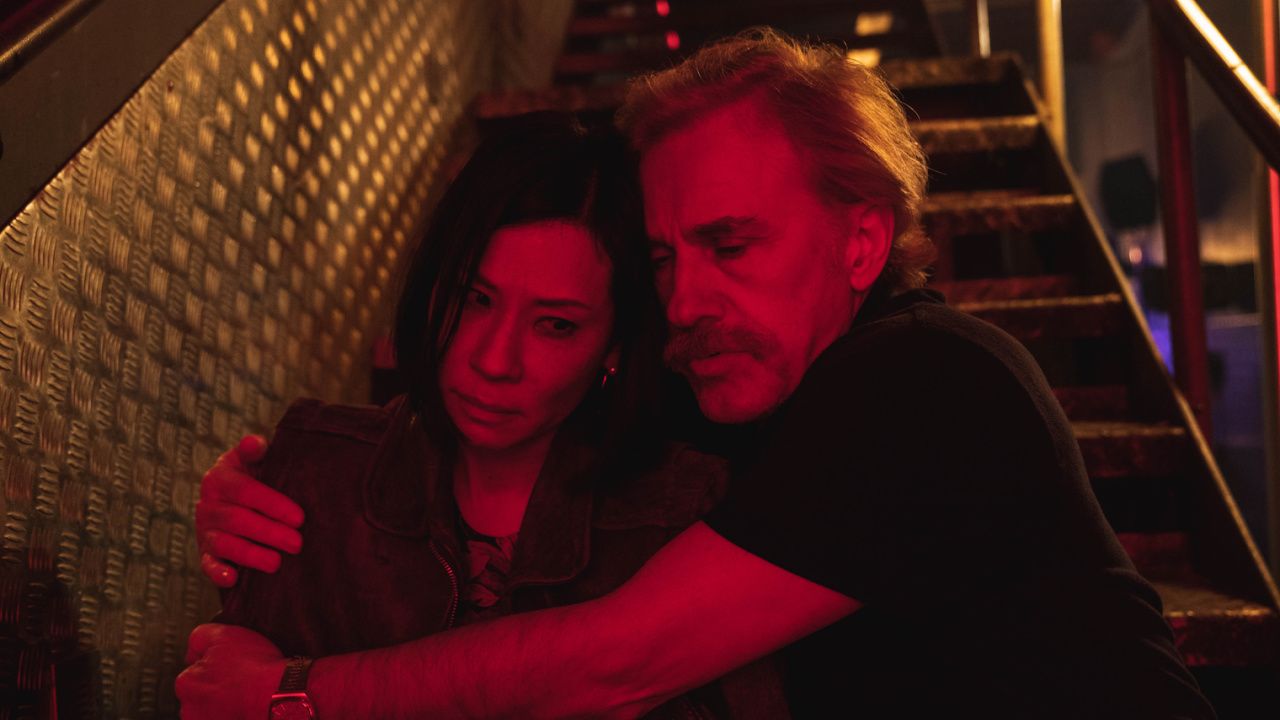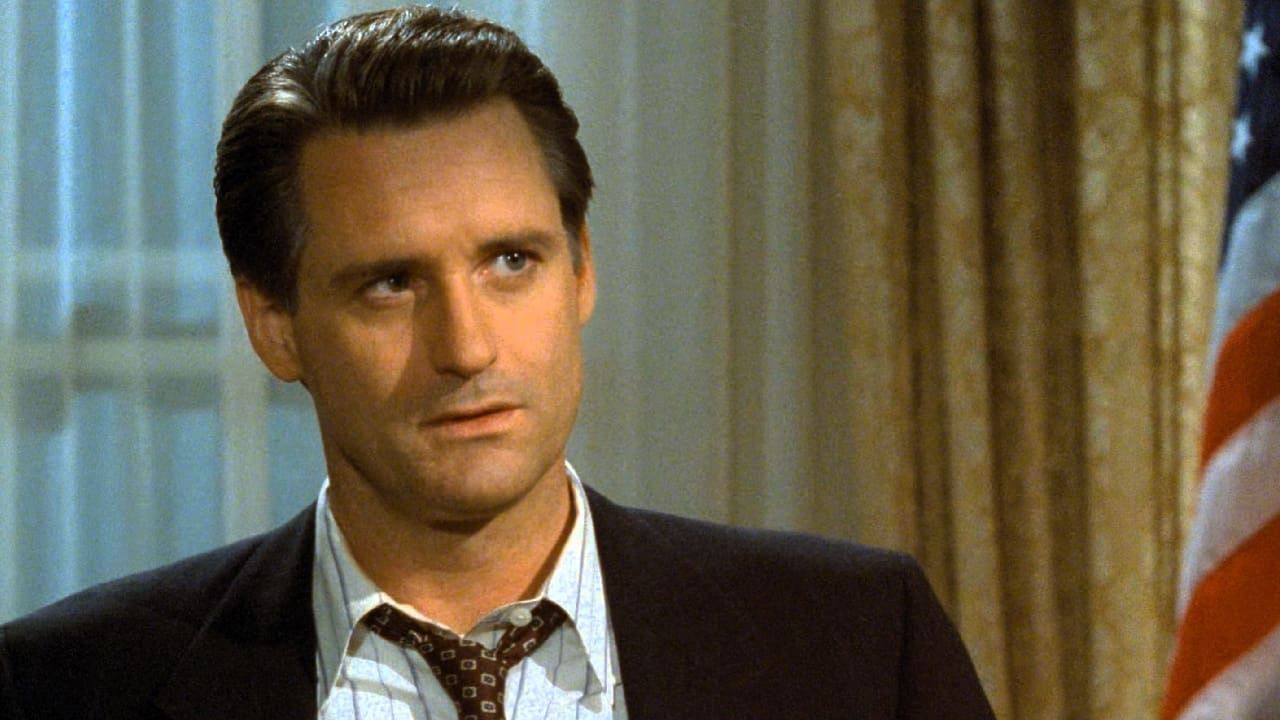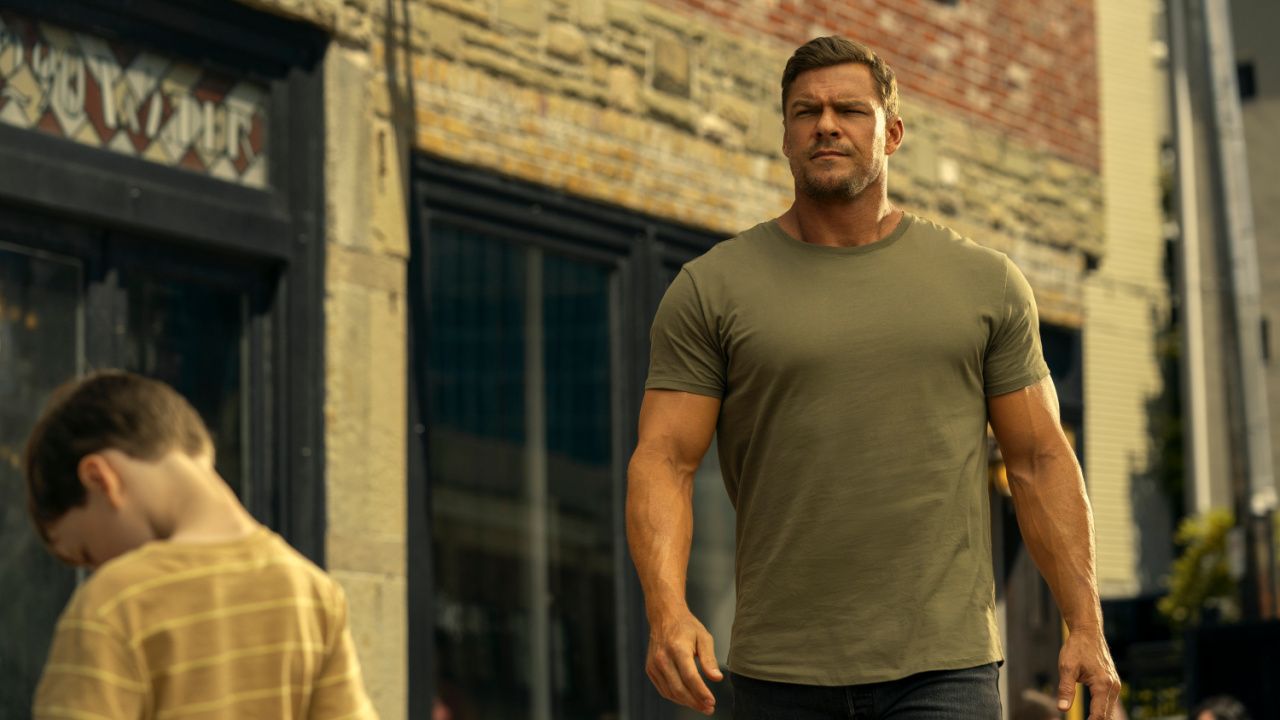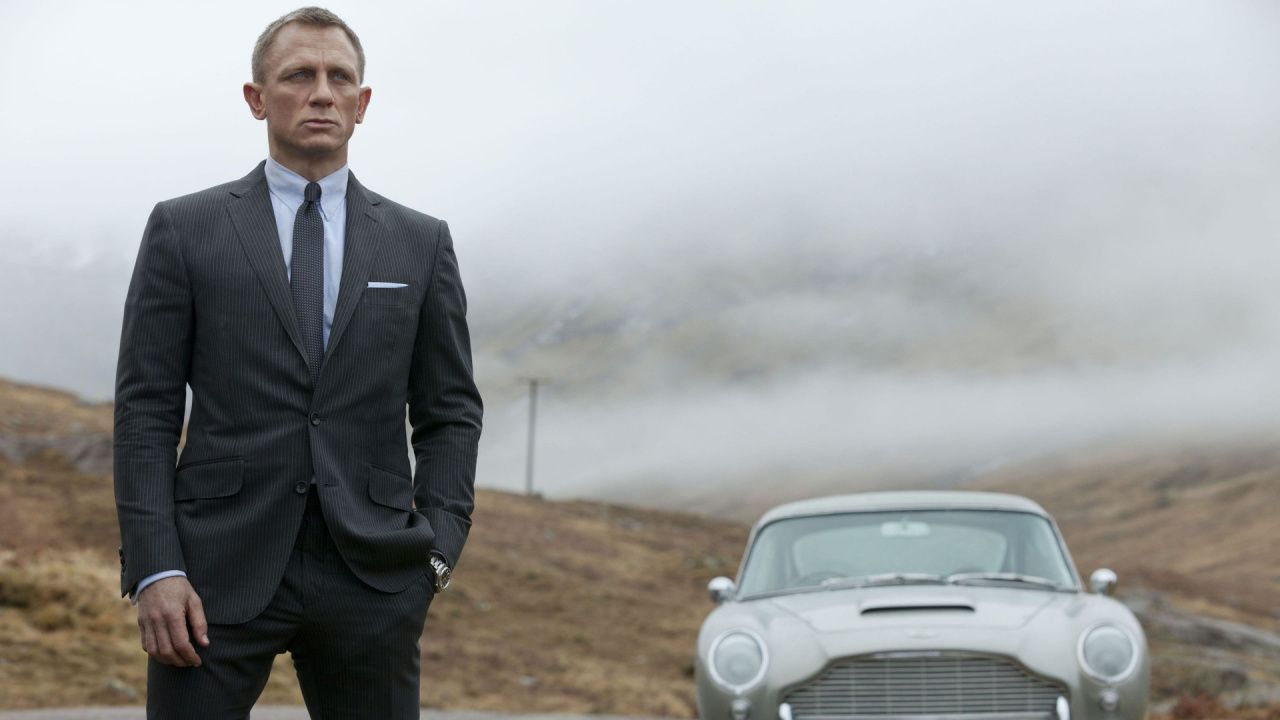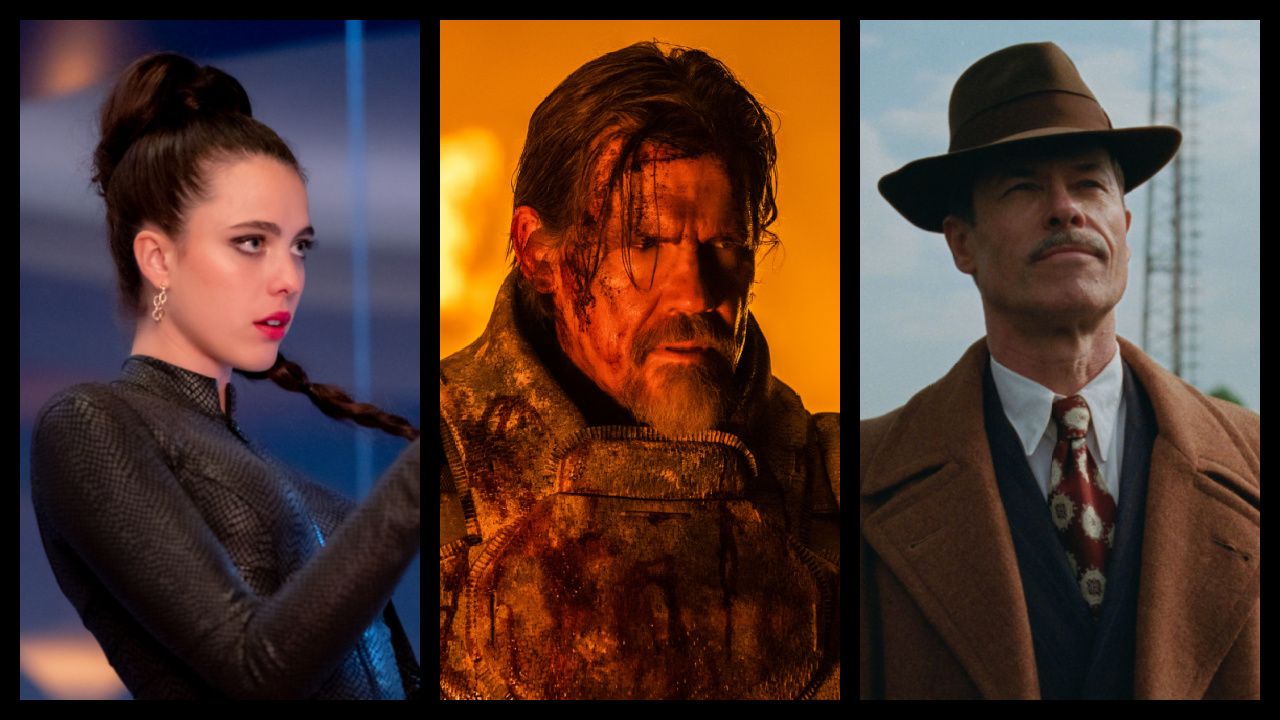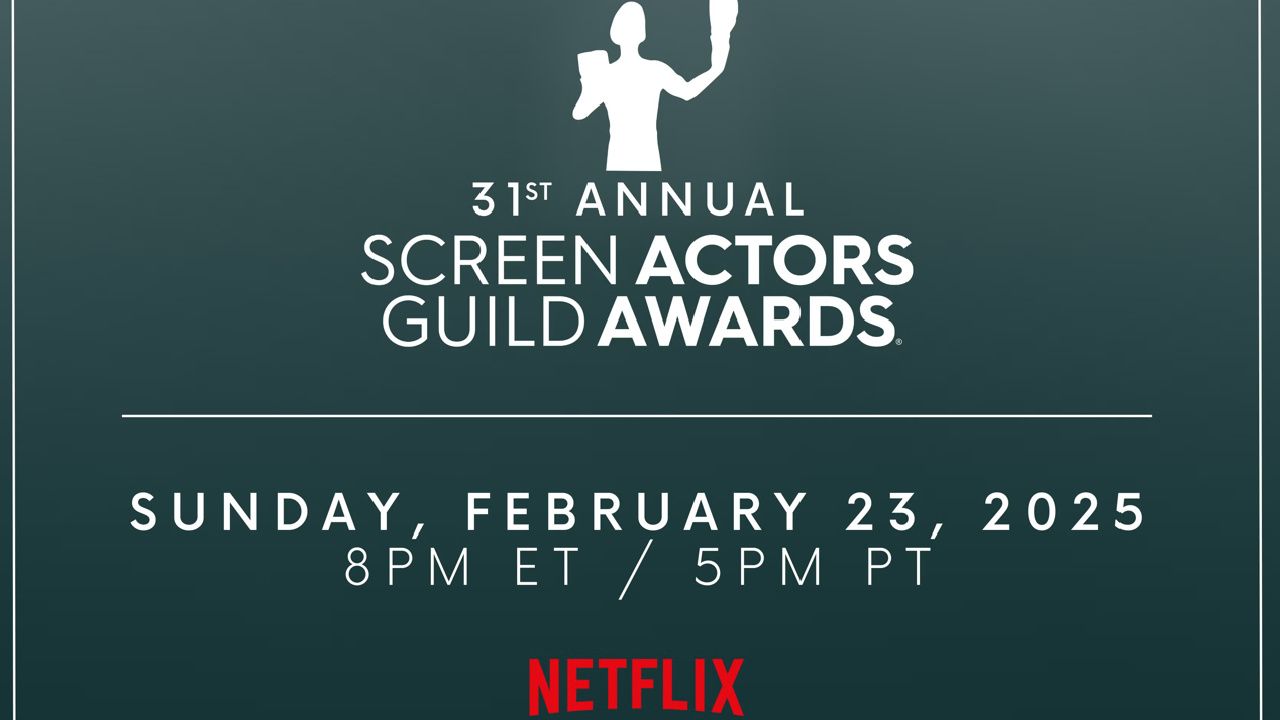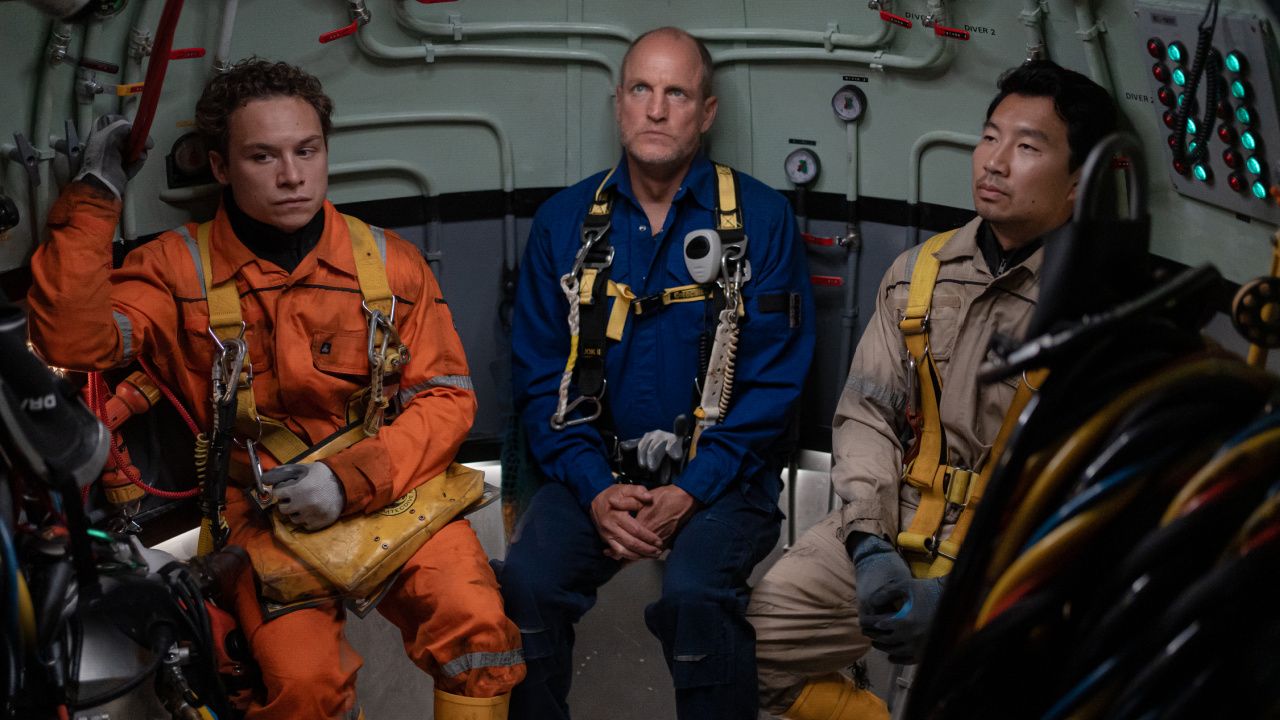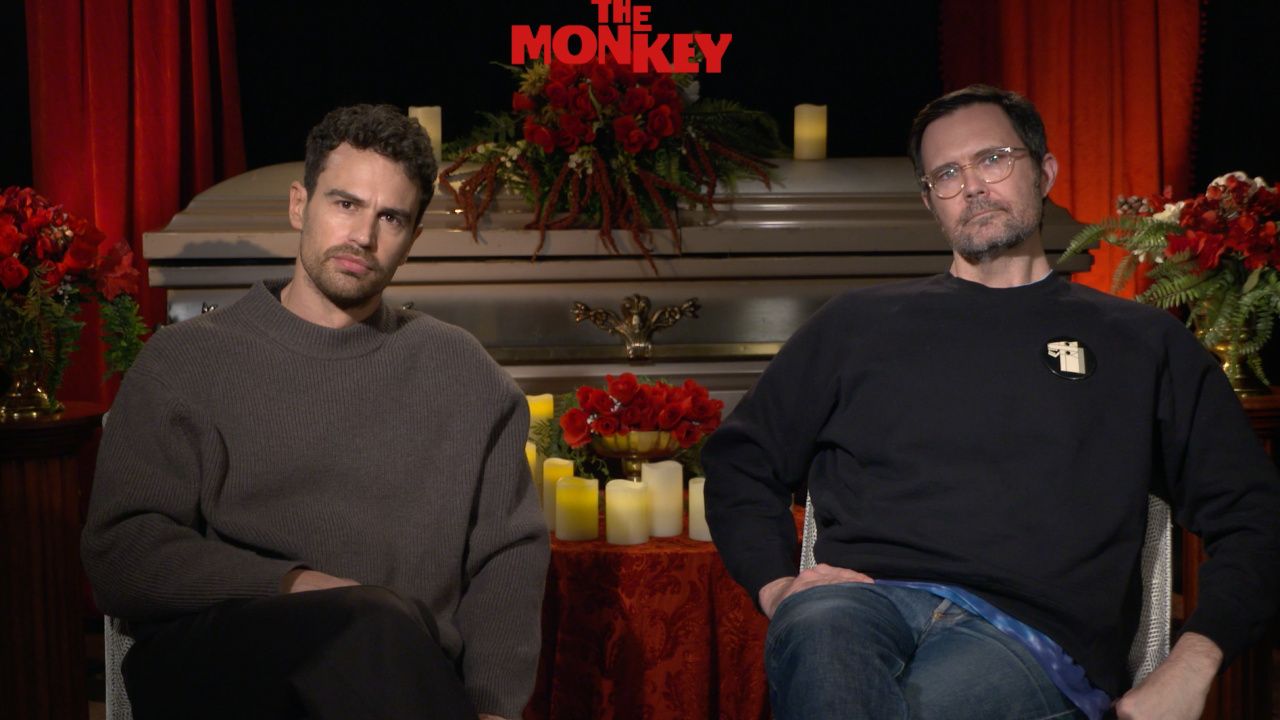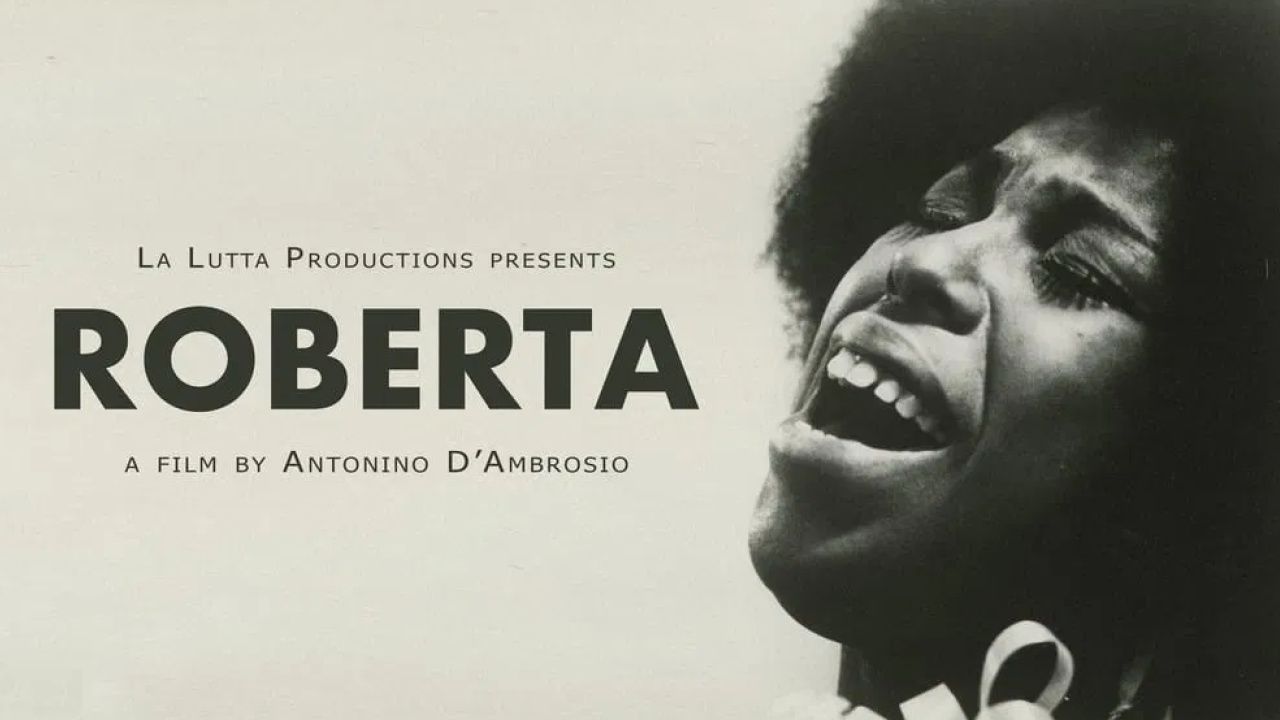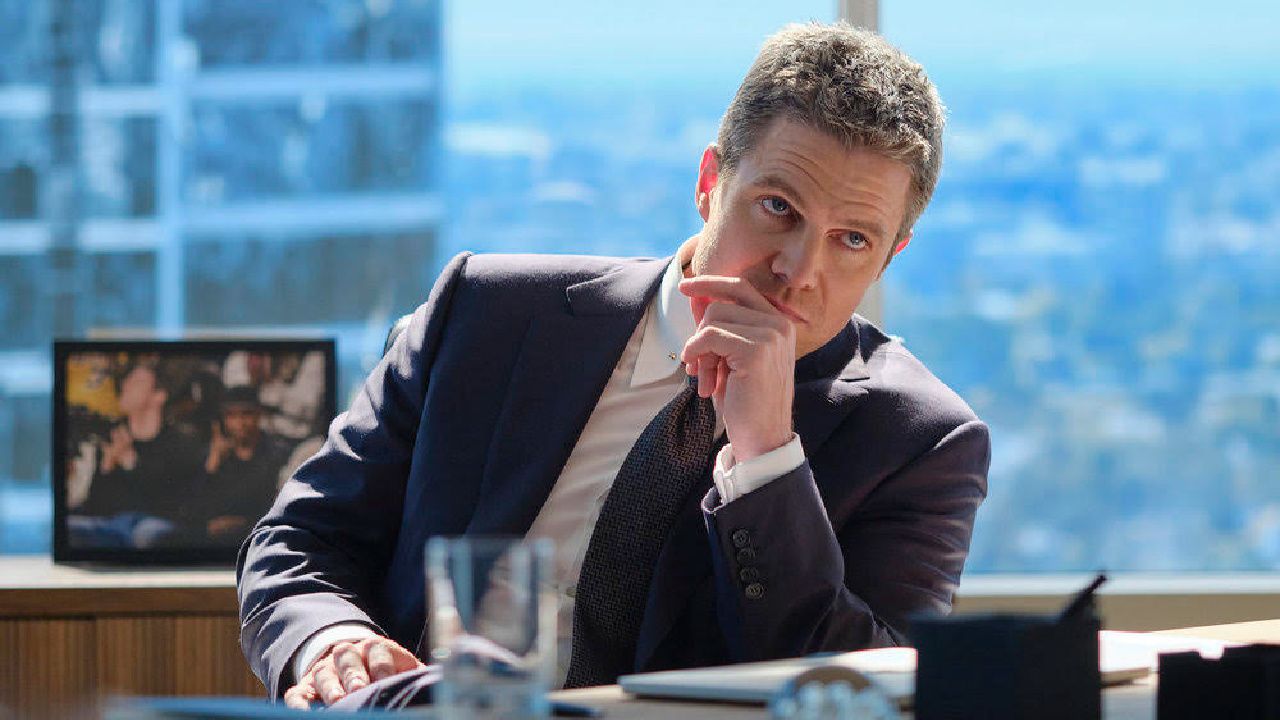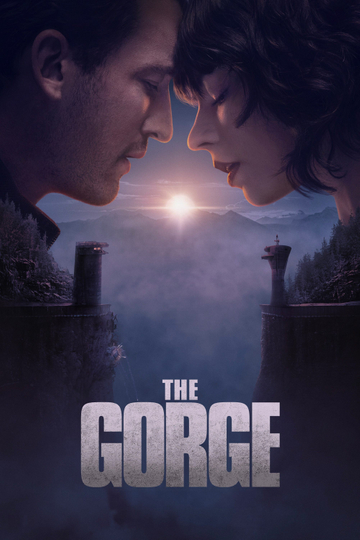Why 'Ratatouille' Is the Greatest Pixar Movie Ever
Pixar's "Ratatouille," which came out 10 years ago (June 29, 2007), is undeniably a classic. Even people who aren't enamored with Pixar's patented brand of heartfelt, high concept storytelling will begrudgingly admit that, yes, "Ratatouille" is pretty great. It's the story of a country rat named Remy (Patton Oswalt) who absolutely loves food. After getting separated from his family, Remy winds up below Gusteau's, his favorite Parisian restaurant. There, he befriends a dishwasher named Linguini (story artist Lou Romano) and restores the restaurant to its former glory. You know, that old story.
And while Pixar's output has been singularly wonderful (and wonderfully) varied, it is time to crown a clear victor in its demolition derby of excellence. That victor is "Ratatouille."
Now, part of understanding what makes "Ratatouille" such an accomplishment is knowing just how hard a film it was to produce. Development began in 2000, under the direction of Jan Pinkava, who had won an Oscar for his 1997 Pixar short film "Geri's Game" (you probably saw it ahead of "A Bug's Life"). But after characters and sets had been modeled, the story of the film reached and impasse and Pinkava was removed.
In 2005, Brad Bird, who directed the deliriously entertaining "The Incredibles" for the company, came aboard to write and direct "Ratatouille." There had been a brief schedule shift but the film was still due in the summer of 2007. That left him with 18 months to not only write and direct a new version of the film but have it wholly animated. Adding to the pressure was the fact that "Ratatouille" was supposed to be the first film released outside of its distribution deal with Disney (if you've ever wondered about the European setting and deliberately Miyazaki-style storytelling, well, here it is). It was an incredibly fraught time for the company, especially given its then-relationship with Disney (more on that in a minute); not exactly the ideal environment to make something creative.Most animated films take the better part of a decade to execute. When Bird took over, there had already been five years of development. Gone were luxurious dream sequences wherein Remy would give physical form to his experience of eating food (some of these ideas wound up in the video game version of the movie), characters were expanded or killed off. Everything was redone. Bird literally pulled the movie out of thin air. The fact that it made any coherent sense is incredible. The fact that it turned out to be the studio's very best film is nothing short of miraculous.
And the film really is a masterpiece.
It's very much a Brad Bird film, in that it's preoccupied with the notion of being torn between commitment to work and responsibilities to family. (Think about it; that's even a theme of "Mission: Impossible – Ghost Protocol.") Bird is obsessed with the kind of Rube Goldberg action and suspense set pieces favored by filmmakers like Robert Zemeckis, and there are plenty here, but in the context of a highly physical comedy. (Many of these sequences were brought to whirling life in the Disneyland Paris attraction, which will soon be coming stateside to Epcot.)It's easily the most beautiful Pixar movie ever, Paris rendered all twinkly and glowing (Michael Giacchino's score adds additional sparkle), and the most sophisticated, from a story point of view. For a movie assembled in 18 months, there are so many narrative subplots and divergences that it could fill several other, lesser films. (There's a paternity test subplot for crying out loud.)
On a subtext level, the fact that it's about the joys of creation and the occasionally equally joyous act of criticism, leaves a profound impact and clearly resonated with reviewers. A.O. Scott of the New York Times said that it was, "a nearly flawless piece of popular art, as well as one of the most persuasive portraits of an artist ever committed to film. It provides the kind of deep, transporting pleasure, at once simple and sophisticated, that movies at their best have always promised."
What few people have picked up on, too, is how autobiographical the film is. "Ratatouille" was made during one of the most contentious times in Disney's history, with Walt's nephew, Roy E. Disney, trying to wrestle control of the company away from embattled head Michael Eisner and return the studio to its prime. Pixar was caught in the middle, trying their best to make great art but also wanting a permanent home that was just as creatively fulfilling as their Emeryville campus
Throughout "Ratatouille" there are analogues to key players and situations in what author James B. Stewart called the "Disney War." I won't bore you with details, but trust me, the connections in "Ratatouille" to real life are there. In fact, when I ran into Bird around the time that his "Mission: Impossible" was coming out and asked him about my theory, he said, with a crooked smile, "I would never tell anyone how to read one of my films." Confirmation achieved.
This is a movie that was coming at a time when it benefited the studio to make something safe and easily digestible. Instead, they churned out one of their most luminous, most challenging, most nuanced film yet. That says something about the filmmakers involved, under Bird's leadership, and the studio's willingness to go out on a limb for something that they believed in. Rats in a kitchen was an idea that, before "Ratatouille," was one of the most disgusting concepts imaginable. Now, if you see a rodent scurrying through your kitchen you kind of want to hand it a spatula and see what it'll come up with. That's the kind of thing "Ratatouille" inspires -- the idea that creative brilliance can come from anywhere (and from anyone).In the 10 years since the film came out, there hasn't really been any new merchandise, besides a couple of Funko Pop figures released earlier this year. The characters don't appear in the Disney Parks (except for highly specific instances, like the Epcot Food & Wine Festival) and it'll be another few years before we get the ride at a park in America. There haven't been any sequels or spinoffs, despite being extremely profitable (a 3D re-released, announced by Bob Iger in 2014, never materialized) and critically adored (it ultimately won the Best Animated Feature Oscar).
That's another thing that makes it the best Pixar film. It just sits there, untouched. It's this perfect, unique object, that will never be corrupted by a sequel. There will never be a "Ratatouille: Chef School" prequel. And, who knows, maybe a new story set in that world would be as unexpected and brilliant as "Ratatouille." But I kind of doubt it. Born out of creative frustration and corporate turmoil, "Ratatouille" sprang to gorgeous life while everything pointed to it being a nonstarter. It is, very literally, transcendent ... and that's positively delicious.
